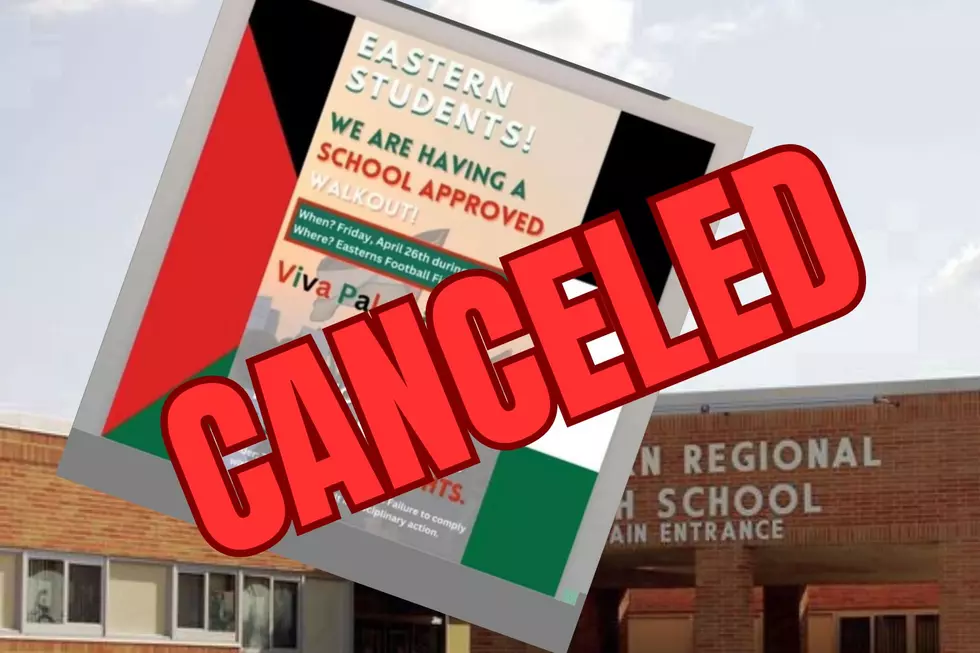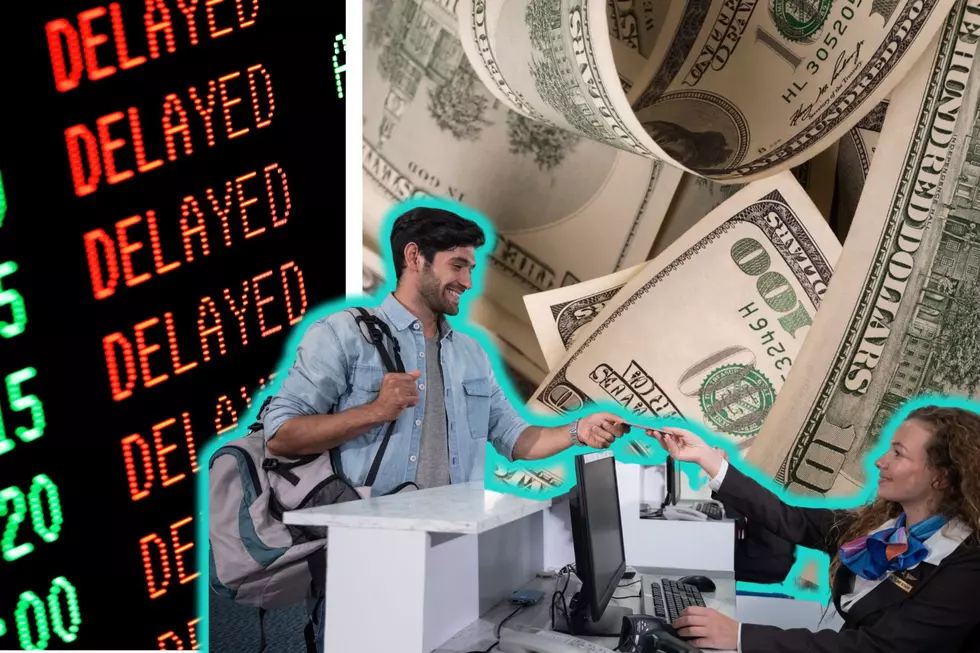
NJ shouldn’t freak out about interest rate hike — yet
As expected, the Federal Reserve has raised interest rates a quarter of a percent — the first raise since 2006.
The increase will probably raise short-term borrowing rates slightly for credit cards and home equity loans, but rates for auto loans, mortgages and college tuition should not go up anytime soon.
“Interest rates are so low today, gasoline prices are so low today that this could possibly just nudge things up just a tiny bit, but I don’t think that’s going to cause any severe hardship for New Jersey families,” said James Hughes, the dean of the Edward J. Bloustein School of Planning and Public Policy at Rutgers University.
He said the bump up is so small most consumers won’t even notice any difference in the cost of buying or borrowing, however “the real concern will shift to, is this just one increase of many to come going forward?"
He suggested the answer to that question will depend on whether we seen any increase in inflation, which has essentially been non-existent for years.
Hughes said the Fed is raising interest rates because officials are afraid, based on historical patterns, that we many suddenly see a spurt in inflation.
“They’re trying to forestall some events from taking place that are not really evident today,” he said. “But could really burst upon the scene. They want to keep ahead of inflation because once inflation bursts on the scene it’s very, very difficult to control.”
So for now, Hughes said, there is no significant effect, but “if we’re looking out a year from now and interest rates have increased several times, then gradually we’re going to see all types of borrowing affected.”
He said another reason why the Fed is raising interest rates is “they’re effectively out of ammunition. We effectively have 0 percent interest rate today, so if we do slip into recession at some point or an economic slowdown, the Fed has limited ways in which to stimulate the economy.”
More From New Jersey 101.5 FM









